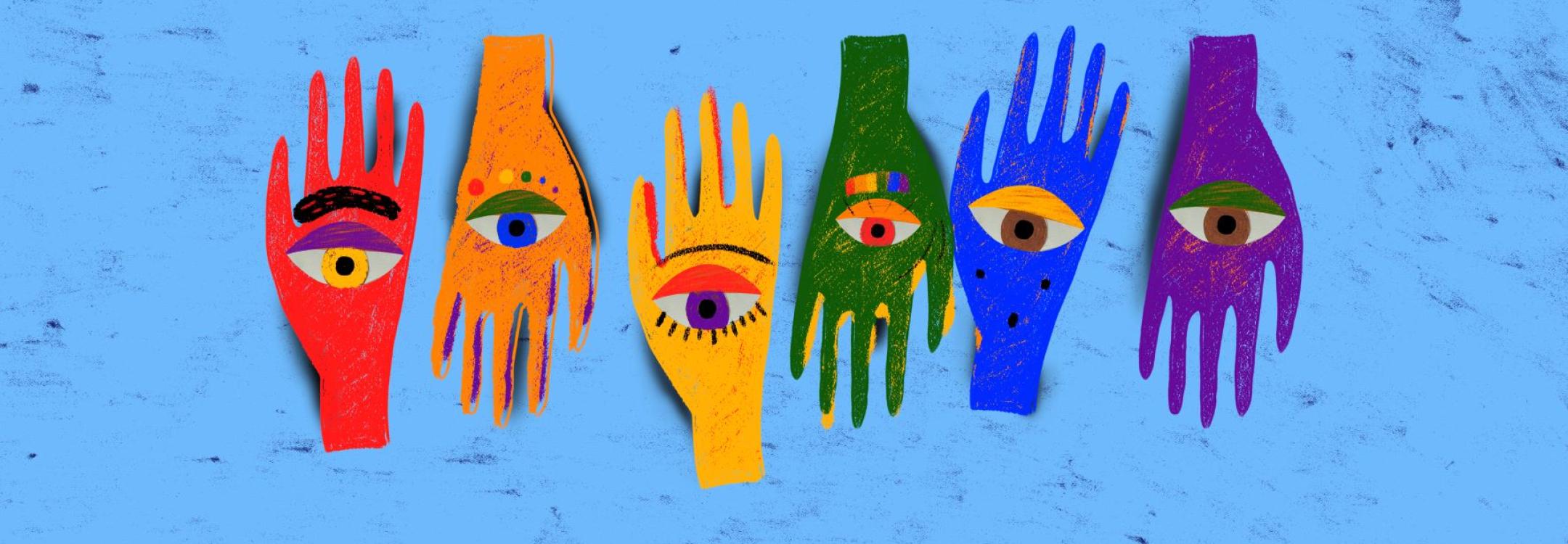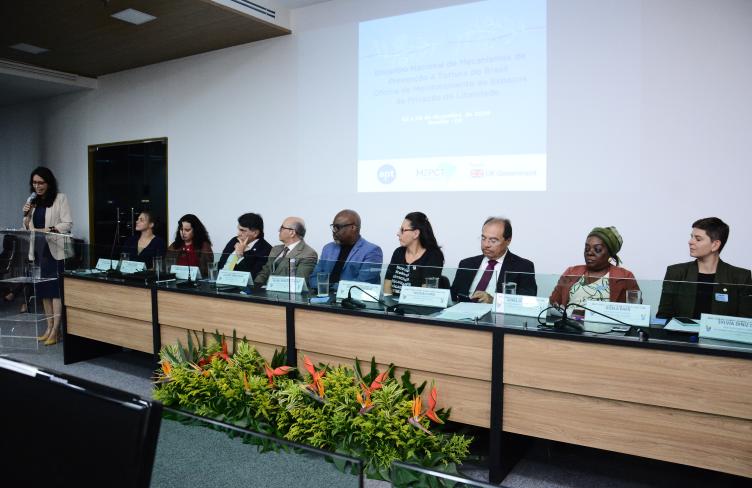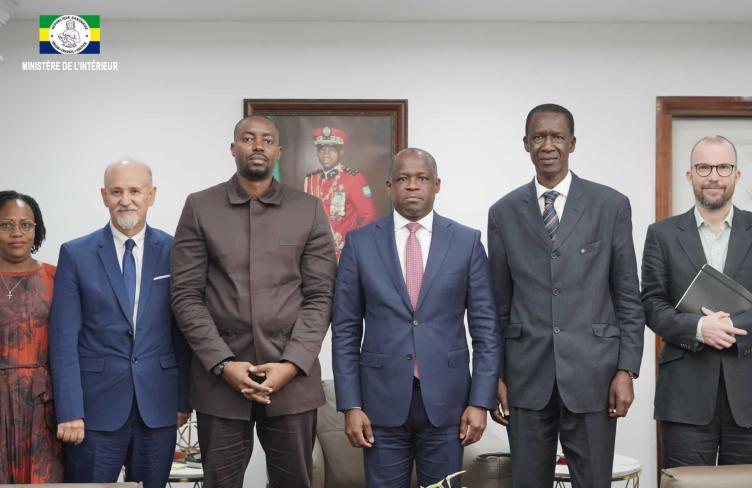
Independent oversight bodies around the world are increasingly contributing to the effective protection of the rights of LGBTI+ persons deprived of liberty.
LGBTI+ persons have historically been subject to discrimination, abuse and institutional violence. Discriminatory patterns based on sexual orientation, gender identity and expression, or diverse sexual characteristics are deeply entrenched in society and are magnified when LGBTI+ persons are deprived of liberty.
LGBTI+ persons are at most risk of being subjected to torture and ill-treatment in closed settings. They are also at heightened risk of experiencing solitary confinement for protective custody and to be severely psychologically impacted by such isolation.
The APT has, over many years, been working closely with national independent oversight bodies, national authorities, civil society organisations and international experts to strengthen protection of the rights of LGBTI+ persons deprived of liberty.
In 2015, we organised an international symposium on the issue, gathering representatives from National Preventive Mechanisms (NPMs), civil society organisations, States and regional and international bodies monitoring places of detention. Key takeaways from that event included the importance of specific standards and policies to protect the rights of LGBTI+ persons deprived of liberty and the need for oversight bodies to give greater visibility to this issue.
There have been important developments since then, including progressive judicial decisions and the adoption of legislation, policies and standard operating procedures related to LGBTI+ persons deprived of their liberty in a number of countries. In addition, national oversight bodies in all regions have been increasingly integrating the effective protection of LGBTI+ persons deprived of liberty into their monitoring plans and strategies. They have also been using practical tools developed by the APT, including a monitoring guide, an online database and an online course.
This positive trend was clearly reflected during a recent APT webinar to exchange practices and identify strategies to effectively address the risks faced by LGBTI+ persons deprived of liberty. The event, held on 24 May 2022, brought together more than 80 representatives of NPMs from countries in Africa, Europe and Latin America. They were joined by the UN Independent Expert on protection against violence and discrimination based on sexual orientation and gender identity and representatives from civil society organisations.
The discussions addressed a range of shared challenges, including in relation to:
- Monitoring the situation of LGBTI+ persons deprived of liberty in countries that still criminalise same-sex relations or have other laws affecting LGBTI+ persons, such as rules on morality and public decency; laws that prohibit expressions of privacy between people of the same sex or the publication of information related to sexual orientation or gender identity; and laws prohibiting or restricting sex work
- Lack of data related to LGBTI+ persons deprived of liberty
- Implementation of progressive legislation and policies, where they exist
- Challenging societal attitudes towards LGBTI+ persons.
In addition, oversight bodies shared a number of good practices to bolster their monitoring and advocacy efforts, including:
- Building the knowledge and skills of members and staff of oversight bodies through specific training
- Consulting and involving civil society organisations directly affected
- Carrying out thematic research and reports on this issue
- Mainstreaming the issue in the work of oversight bodies
- Influencing relevant legislation and monitoring their implementation in practice
- Raising awareness on the issue among authorities.
As one participant from an oversight body noted: “If we can deal with stigma and violence within prison walls, this will benefit inmates but also have a positive effect on people outside prison”.
The webinar featured a rich set of discussions, with oversight bodies sharing their efforts to give greater visibility to the issues facing LGBTI+ persons deprived of liberty and the practical steps they are taking to strengthen protection of their rights. While serious challenges remain, participants took encouragement from hearing how oversight bodies are responding to these issues, through thematic research, increasing cooperation with civil society, and mainstreaming the concerns of LGBTI+ persons deprived of liberty into their regular visits to places of detention.
Promoting and protecting the rights of LGBTI+ people deprived of liberty is a priority for the APT and we will continue to support and encourage independent oversight bodies in their efforts.



